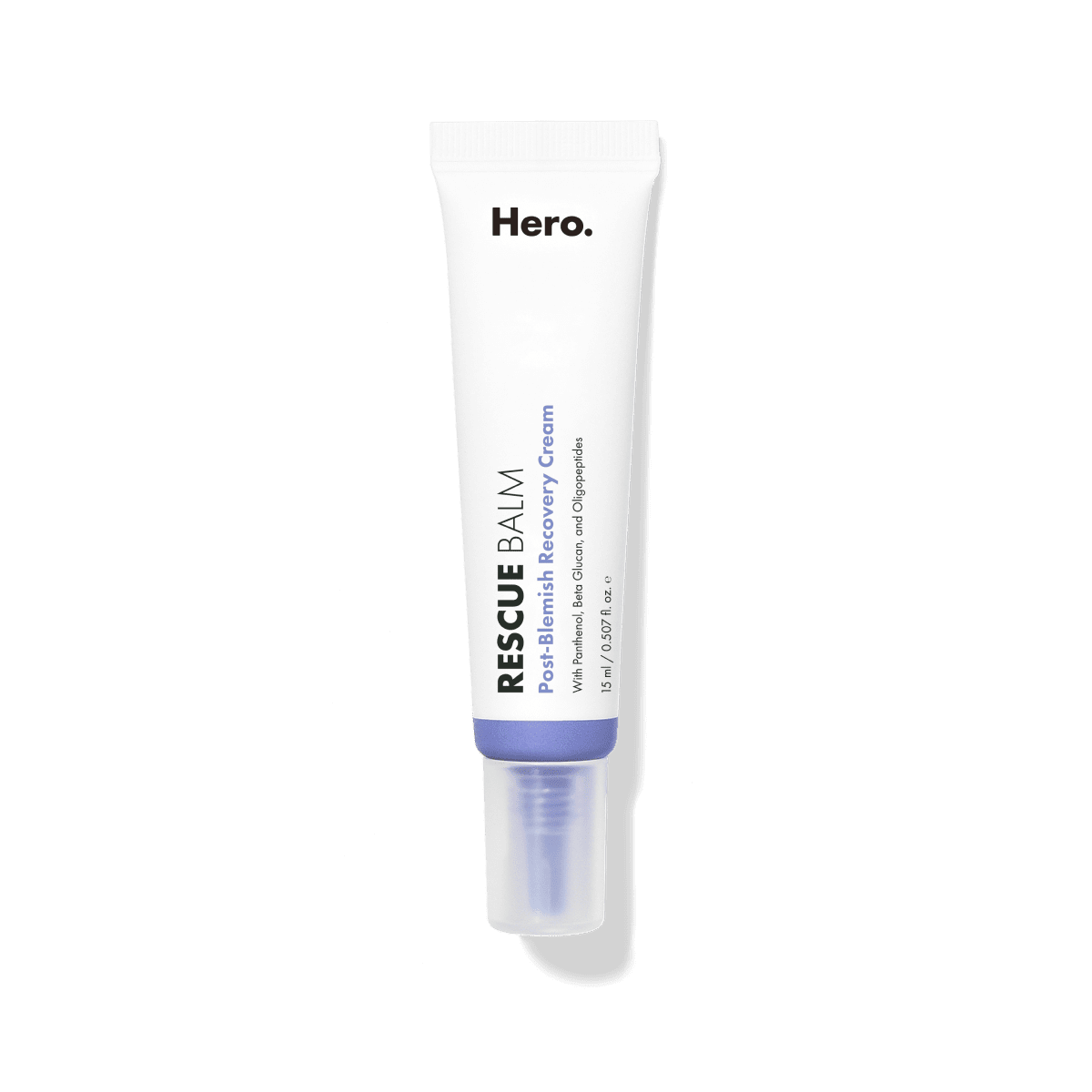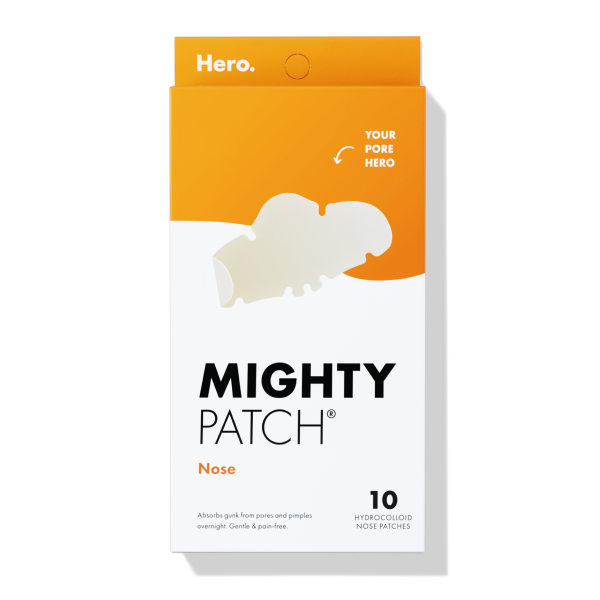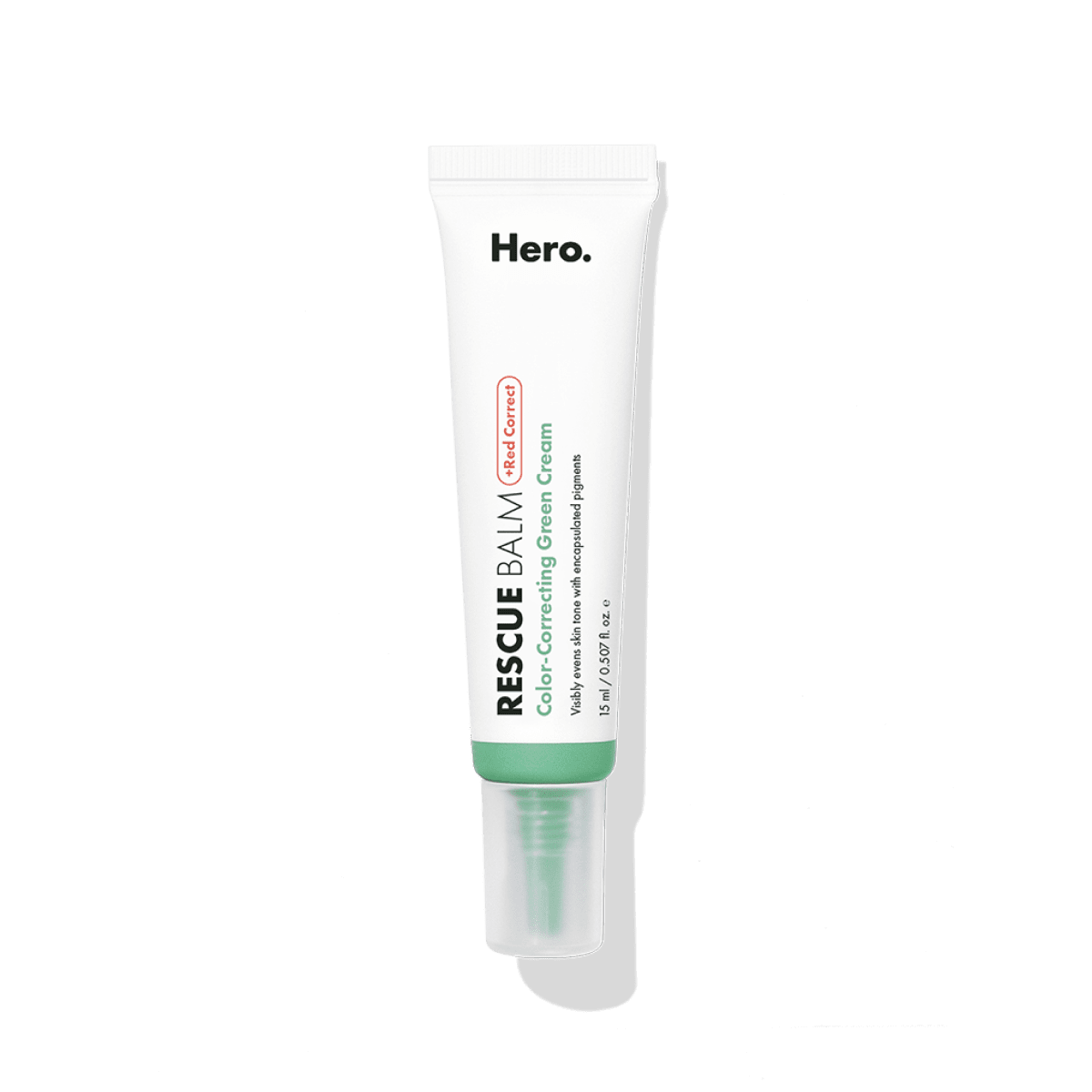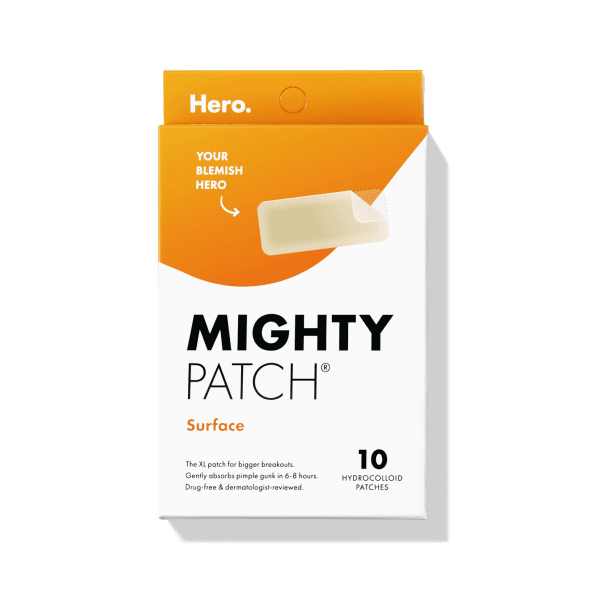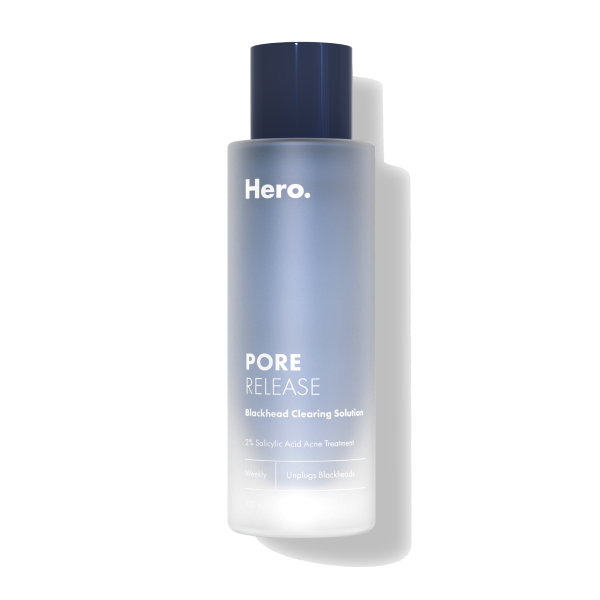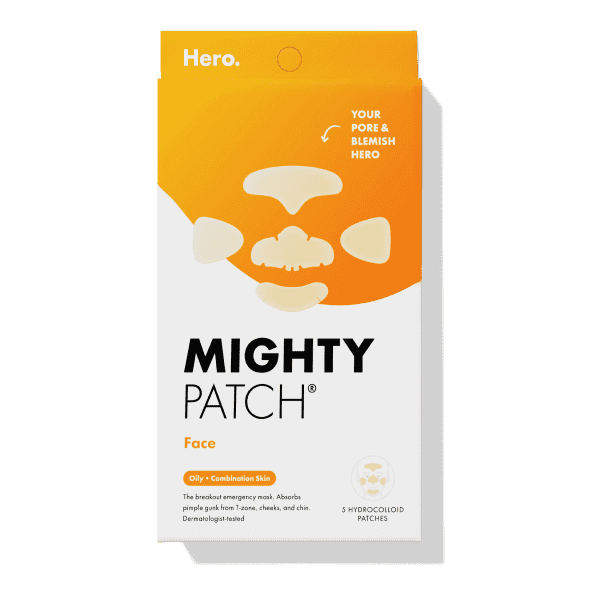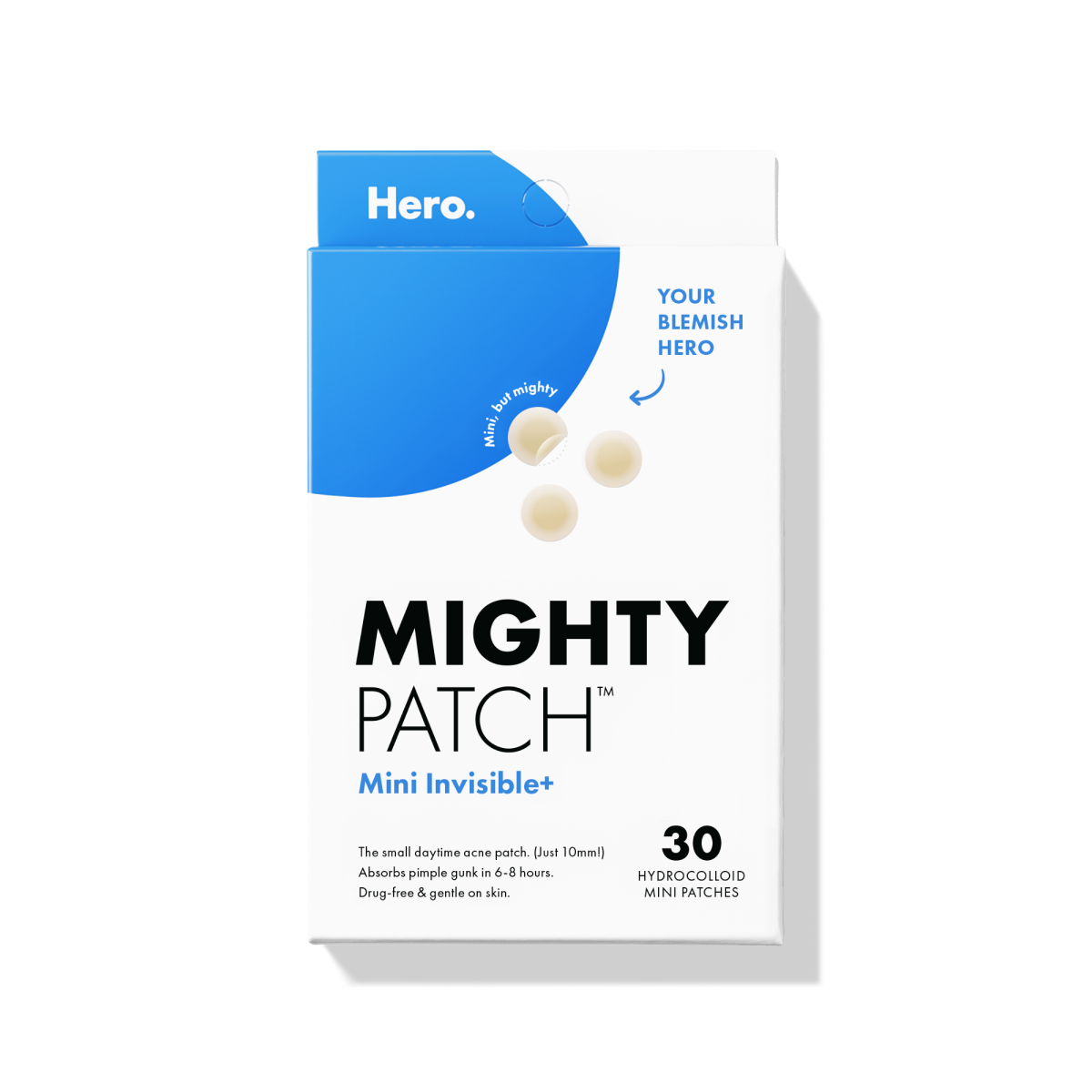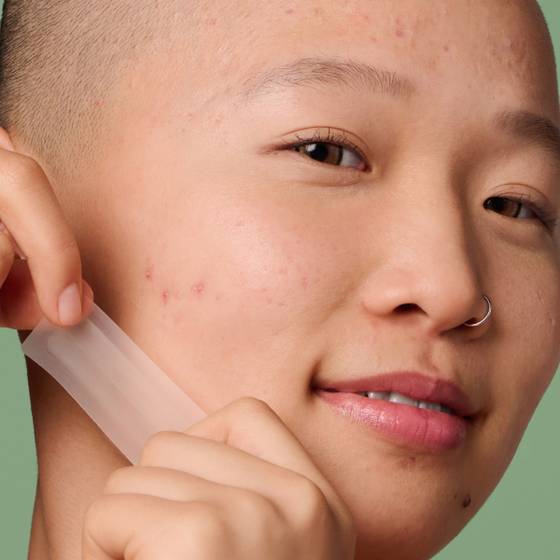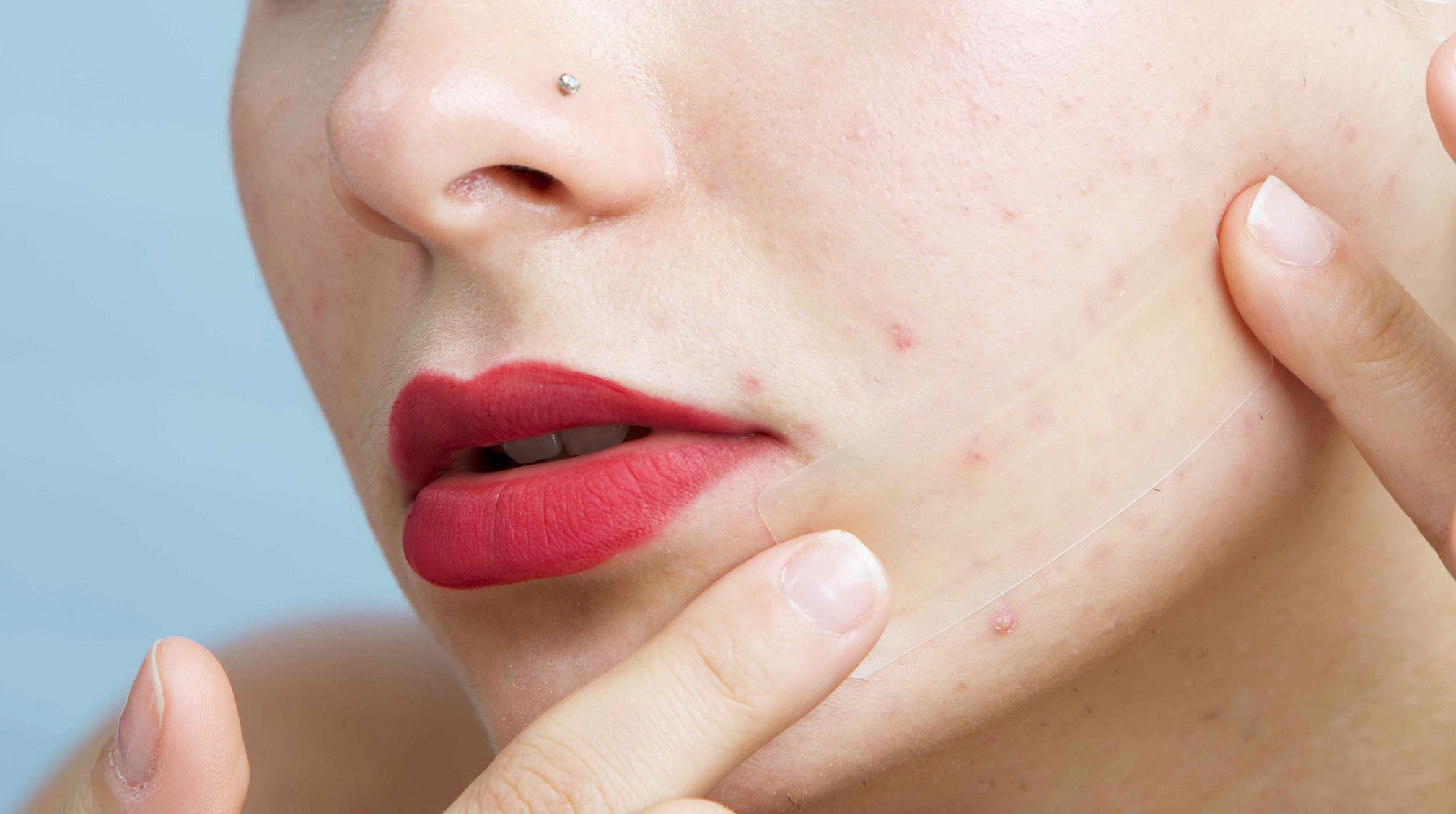
Nearly everyone has experienced the urge to pick at their skin imperfections (such as pimples) at some point or another. But for people living with dermatillomania, that urge can be all-consuming and not limited to blemishes or scabs. Today, we’re sharing four little-known facts about dermatillomania to help educate people about the condition.
It is a mental illness.
Skin picking (also known as excoriation disorder or dermatillomania) is not simply a bad habit. It’s a psychological condition that causes people to continually, compulsively pick at and dig into their skin. Dermatillomania is an impulse-control disorder and one of several body-focused repetitive behaviors (BFRBs), such as hair pulling. It is believed to affect 2-5% of the total population, 75% of whom are female.
It’s not a sign of drug use.
Whether you saw that correlation on an episode of Law and Order or IRL, it’s important not to jump to the wrong conclusion when you notice someone picking their skin. Yes, certain substances, like cocaine, meth or heroin, can trigger skin-picking behaviors. However, in these cases, skin picking is typically a side effect of substance abuse (from a sensation that something is crawling on or under the skin), which is not the same thing as the mental health condition of dermatillomania.
It can lead to serious medical and emotional issues.
Unlike popping a pimple or scratching at a scab, dermatillomania can result in severe medical complications. From infection at the site and tissue damage to more serious injuries like epidermal abscesses, the resulting wounds can cause disruptions to everyday life and require medical attention. In one reported case, a woman picked a hole through the bridge of her nose that required surgery to repair.
When living with a mental disorder that manifests itself in visible ways, people often experience intense feelings of helplessness, guilt, shame and embarrassment. After picking, they will sometimes “hide out” from friends and family or go to great lengths to cover their spots.
It’s nothing to be ashamed of.
A mental illness like dermatillomania is often stigmatized because people don’t understand it. Those who suffer from it often make repeated attempts to stop on their own, but are too embarrassed to seek professional help.
While treating existing wounds and covering pimples or other blemishes with a solution like Mighty Patch can help in the short term, long term treatment of skin picking needs to go beyond addressing the physical damage.
One in four adult Americans experience a mental health disorder in a given year. Dermatillomania is nothing to be embarrassed about, and seeking professional treatment will likely result in an improvement in one’s quality of life. Both medication and cognitive-behavioral therapy (CBT) have been proven to effectively reduce the symptoms of skin picking disorder.
If you or someone you love is suffering from dermatillomania or another BFRB, visit The TLC Foundation for informational resources, support options and more.
[[product-ad]]

